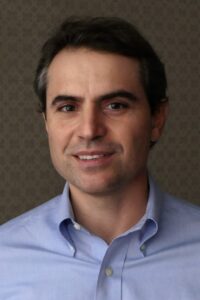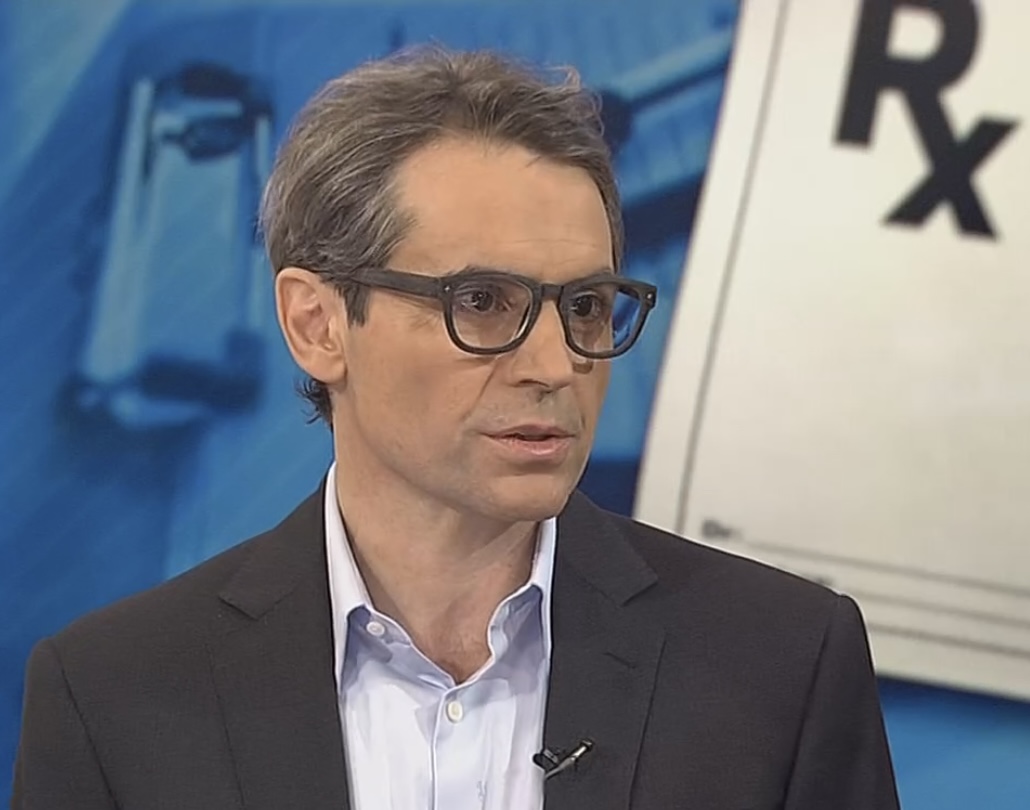Mert Erogul,MD | Source | Medical Bariatrician at Maimonides Medical Center

Mert Erogul,MD
Mert Erogul, MD is a physician with over twenty-five years of patient care experience. He is director of metabolic health in the division of bariatric surgery at Maimonides Medical Hospital in Brooklyn, New York.
Dr. Erogul graduated from the University of Michigan School of Medicine in 1997 and did his residency in emergency medicine at Brown University / Rhode Island Hospital. He is board certified in emergency medicine and obesity medicine and has taught medical students and residents at SUNY Downstate School of Medicine in Brooklyn for 15 years where he is an assistant professor. Dr. Erogul is deeply knowledgable about metabolic health and geroscience (the science of aging and its treatment) and excited about the profound possibilities in these fields.
-
Maimonides Medical Center (http://Maimonides.org)
Medical Bariatrician
-
'Rebound' Weight Gain: Brain, Gut Disconnect
After you lose weight your gut may tell you that you're full after eating a meal, but your brain may say you're still hungry. Here's why.
Article
-
The study underscores our understanding of obesity and weight homeostasis as a chronic disease of the brain.
The regulation of appetite is enormously complex and layered. From the digestive tract, there are hormones that signal fullness, such as leptin, CCK, and peptide YY. There are also hormones that signal hunger, such as ghrelin. These are in constant interplay with seemingly subjective feelings that come from the brain such as food preference and liking as well as motivation to eat.


